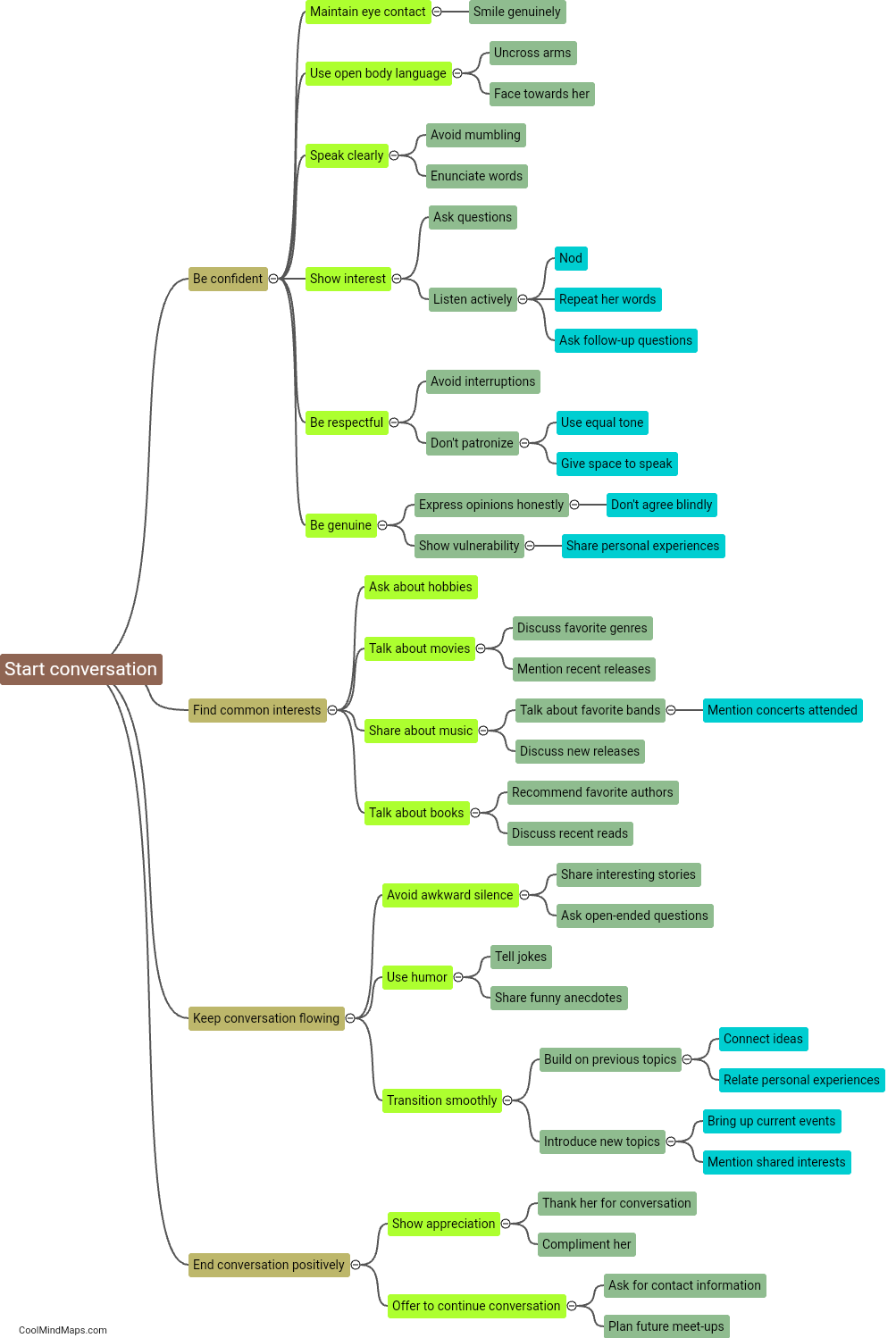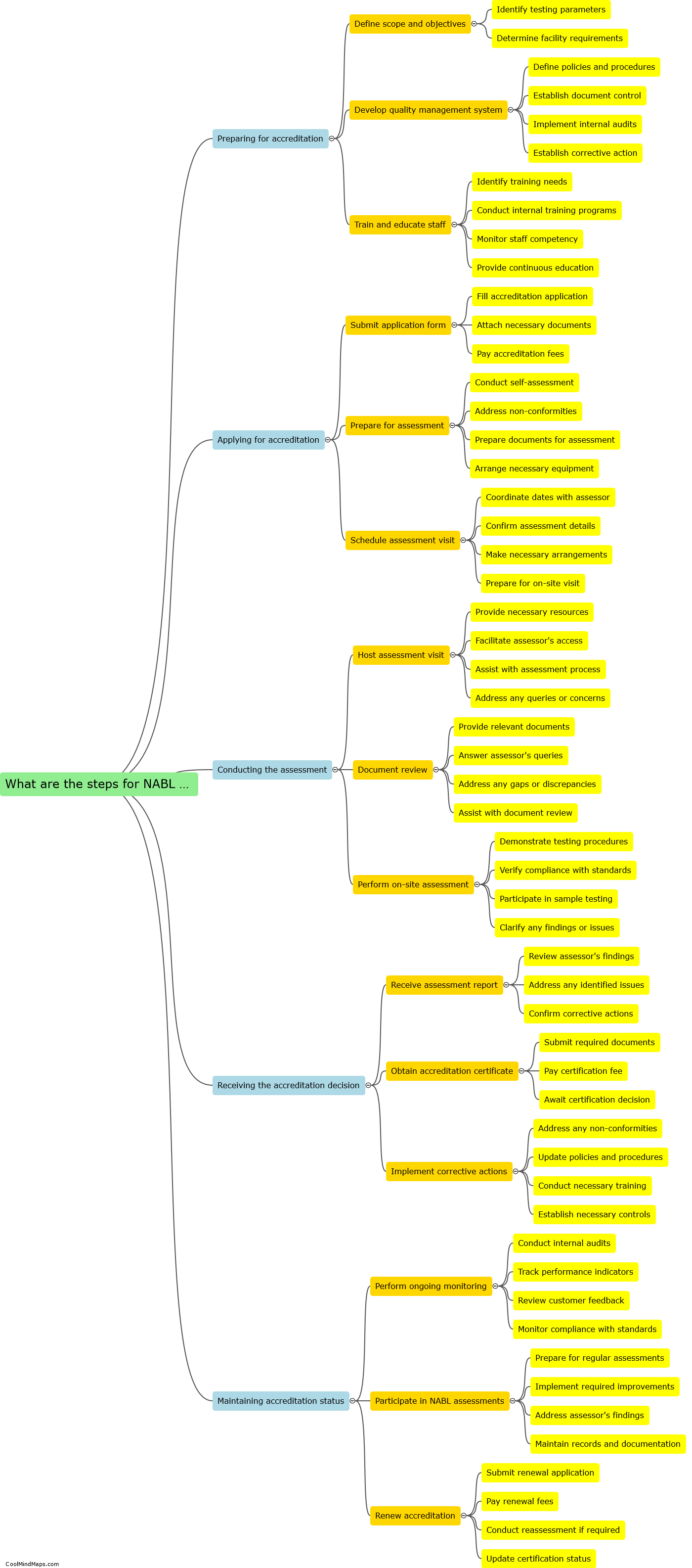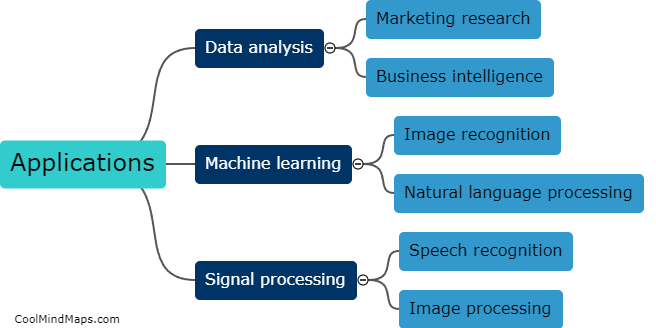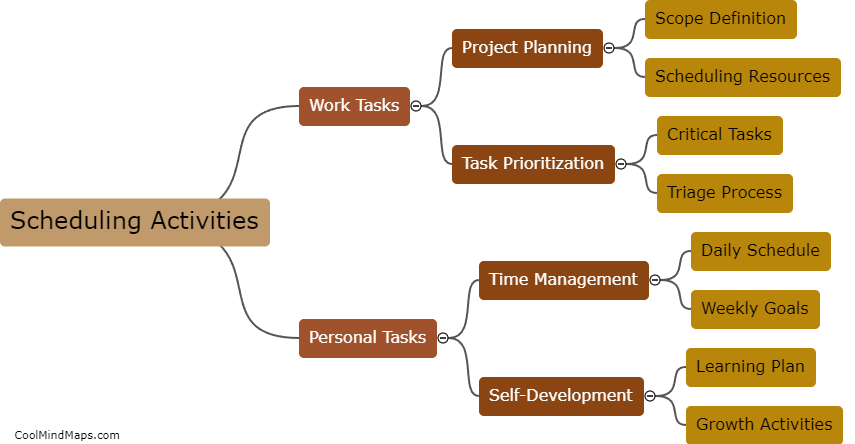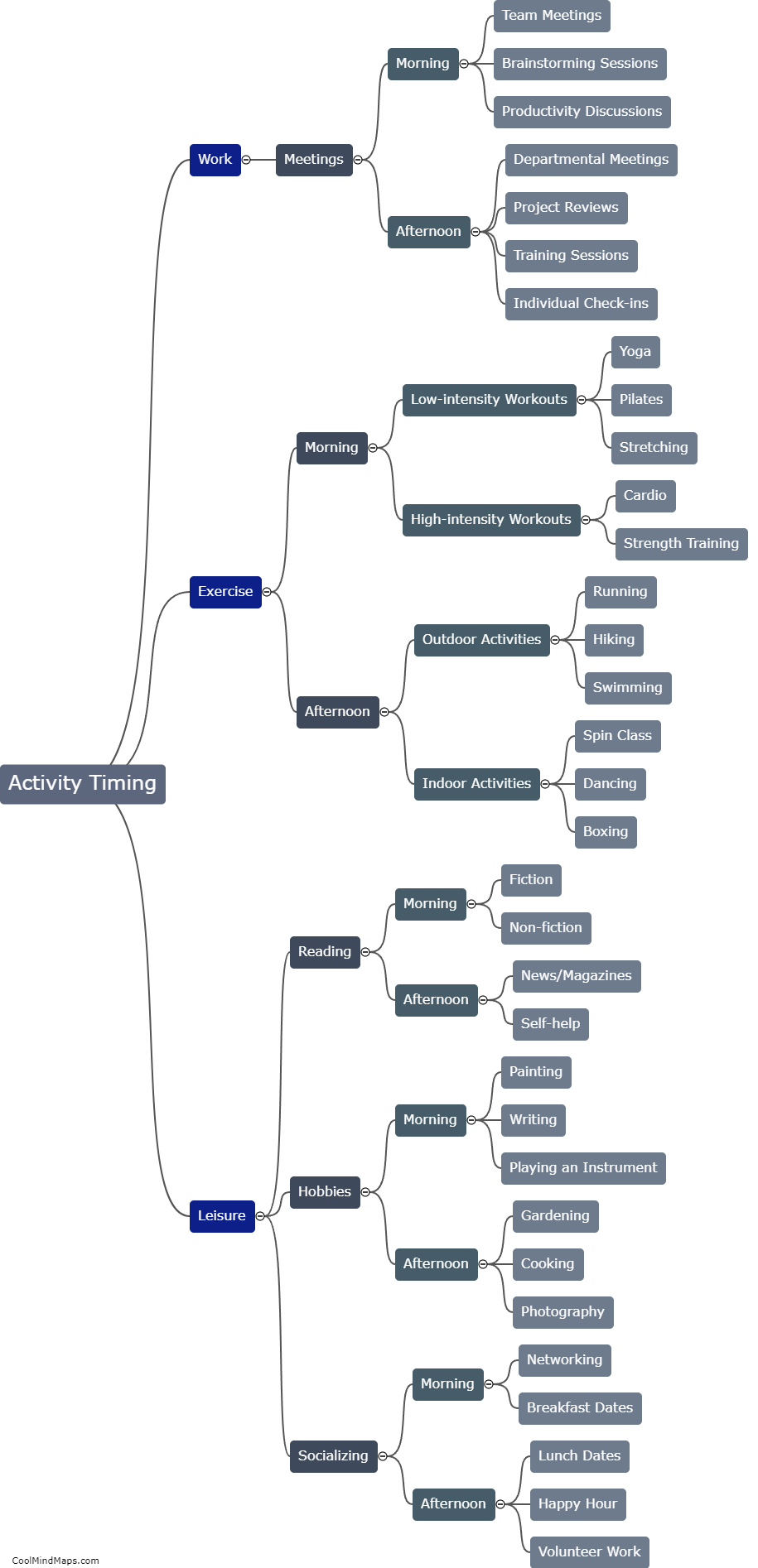What are the various applications of machine learning in material science?
The field of materials science has increasingly relied on machine learning techniques to accelerate the discovery and design of new materials. Machine learning algorithms can be used to identify patterns in large amounts of data, including materials properties and structural information, which can help predict the behavior and properties of new materials. Applications of machine learning in materials science include predicting the properties of new materials, designing materials with specific properties, and optimizing manufacturing processes. Other applications include detecting and predicting material fatigue and corrosion, as well as identifying materials for use in electronic devices and energy storage systems. Machine learning is also used in the development of new materials for medical devices, implants, and drug delivery systems. Overall, machine learning is proving to be a valuable tool for accelerating materials science research and improving the efficiency of materials discovery and design.

This mind map was published on 22 May 2023 and has been viewed 92 times.


